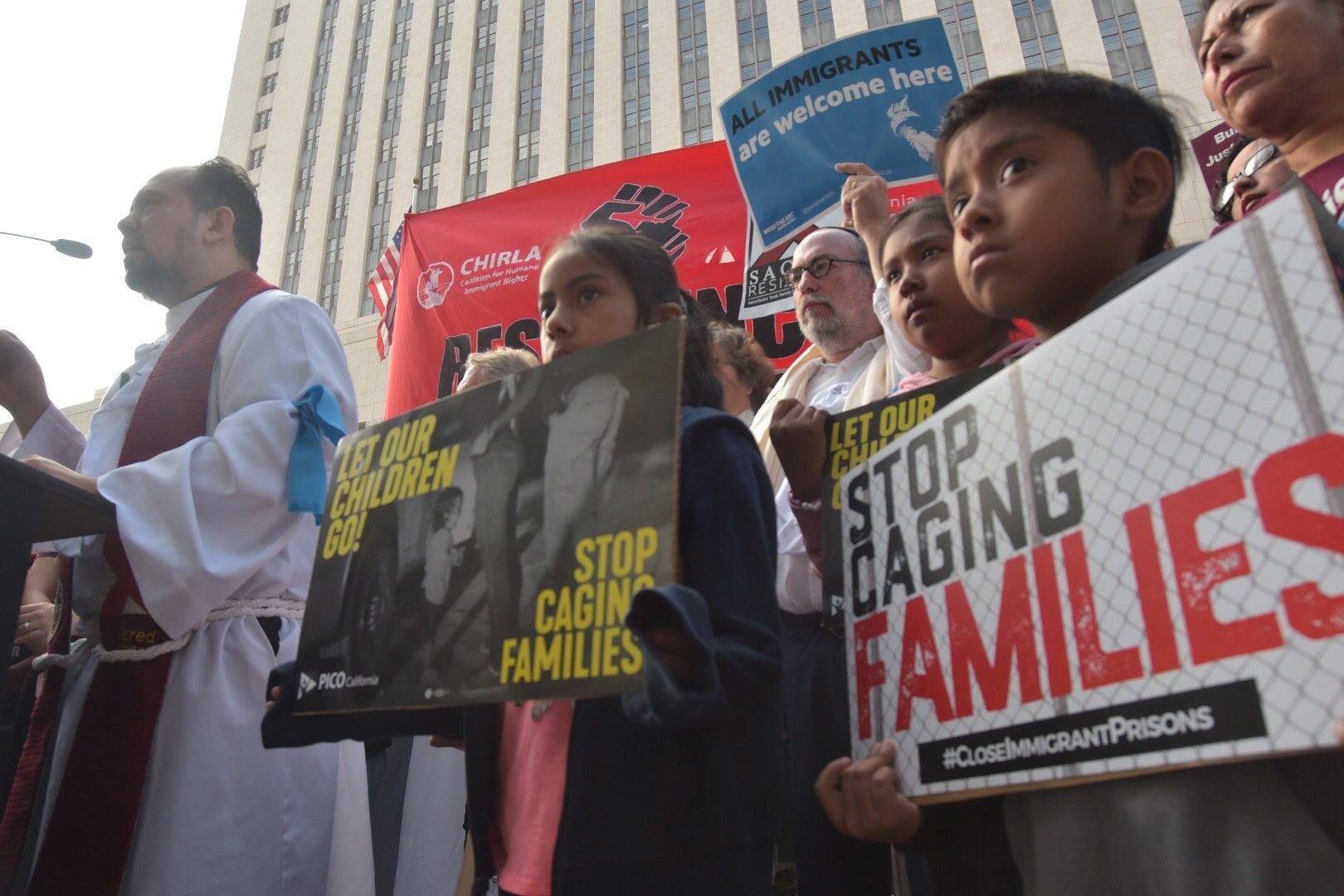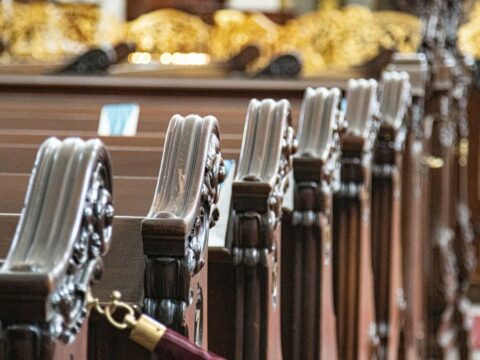I’ve long argued that the Gospel values of justice, equality and love should make churches natural allies with the left. But, if we’re honest, the reality is that in Canada and the United States, the loudest and most organized of Christians collect around conservatism.
In the States, President Donald Trump has polarized the church as never before, and in the past few months, the policy of removing children from parents who enter the country without documentation has forced a visible split. In June, more than 600 United Methodist clergy and leaders announced that they were bringing church charges against Attorney General Jeff Sessions, accusing the congregant of “child abuse, immorality, racial discrimination and dissemination of doctrines contrary to the standards of the doctrine of the United Methodist Church.” (The charges have since been dropped.)
You may unsubscribe from any of our newsletters at any time.
Sessions had the audacity to quote the Bible to justify his government’s policies. “I would cite you to the Apostle Paul and his clear and wise command in Romans 13, to obey the laws of the government because God has ordained them for the purpose of order,” he said. “Orderly and lawful processes are good in themselves and protect the weak and lawful.”
The man’s misunderstanding of St. Paul aside, it would be wrong to assume that Sessions and Trump do not enjoy widespread support among Christians. After all, 81 percent of white evangelicals voted for Trump, and they’re joined by millions of lay Catholics. Then there is the powerful “family values” movement, which has been largely silent on this entire issue. The family only has value, it seems, when it’s American!
There is, however, a genuine awakening among a number of U.S. Christians. As a denomination, American Catholicism has actually been progressive on immigration, partly because of its ethnic composition, but also out of genuine concern. The same applies to mainstream Protestant churches. And hardly a week goes by now without another soul-searching article in an American evangelical magazine. The writers have suddenly seen the reality of populist conservatism and realized how difficult it is to reconcile the teachings of Jesus with the views of Donald Trump. The president may mention God and hold prayer sessions, but the face of this administration is fierce.
Our politics are increasingly polarized — the red Toryism of the past seems a distant memory these days. But while the new harshness is dangerous and cold, it also presents opportunities to the church.
Numerous Christians have long voted Democrat, of course, but today something different is emerging. While the hard-core evangelicals will likely remain where they are but be less committed, moderately conservative Christians are thinking again. It’s less that they’re embracing the Democratic Party and more that they are abandoning the Republicans.
In Canada, we as Christians should not be smug. For generations, we have forcibly removed Indigenous children from their families, and churches have taken far too long to admit their crimes. Our politics are increasingly polarized — the red Toryism of the past seems a distant memory these days. But while the new harshness is dangerous and cold, it also presents opportunities to the church. In bad times, good people can make a difference. God willing.













